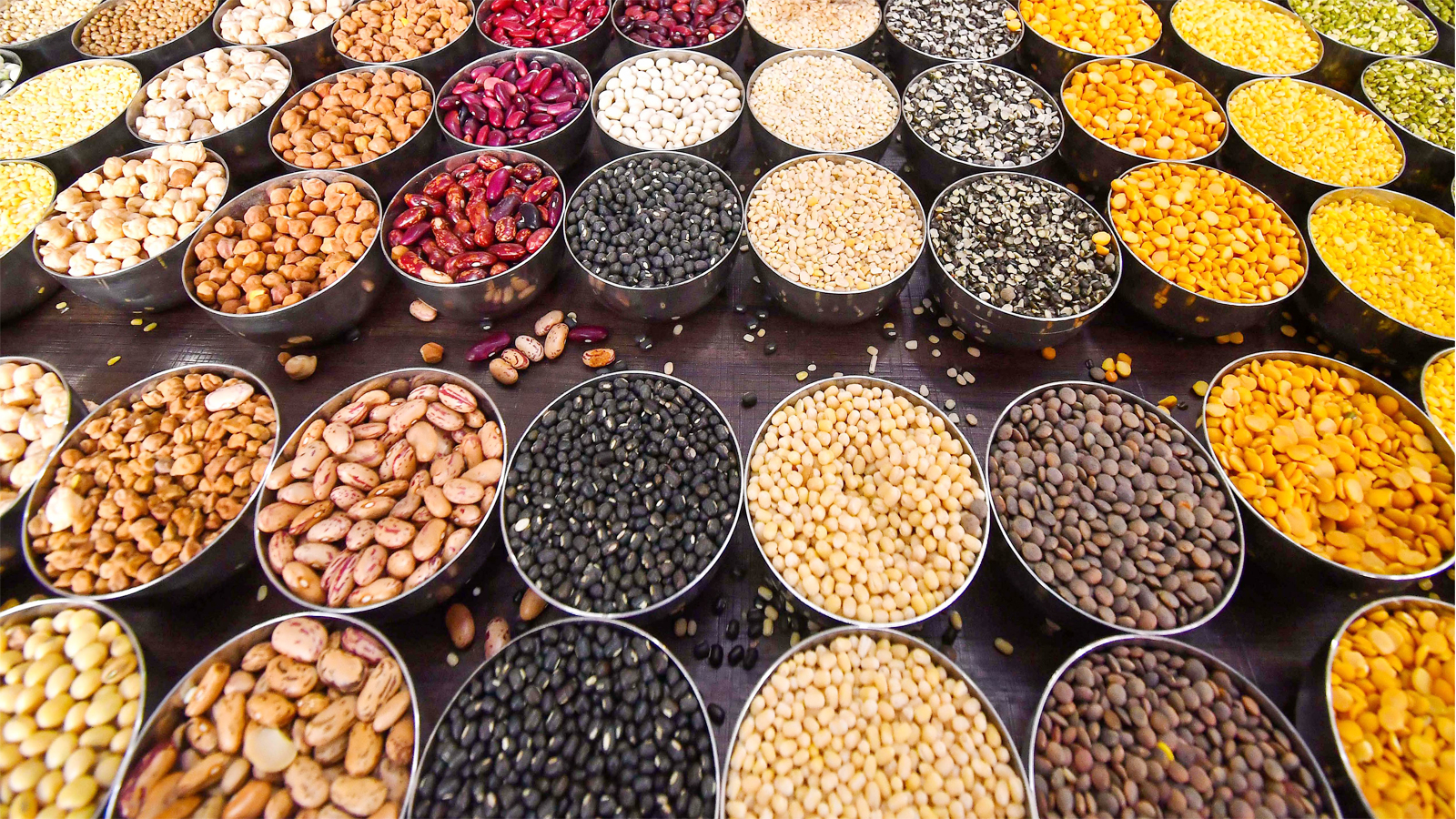The Union Cabinet chaired by Prime Minister Narendra Modi on Wednesday approved the Mission for Aatmanirbharta in Pulses, a landmark initiative aimed at boosting domestic production and reducing India’s dependence on imports. The six-year programme, running from 2025-26 to 2030-31, carries a financial outlay of ₹11,440 crore.
India, the world’s largest producer and consumer of pulses, faces a consistent demand-supply gap, with imports rising by 15–20% in recent years. The Mission seeks to close this gap by strengthening research, seed systems, area expansion, procurement, and price stabilization, while also enhancing farmer incomes.
The plan places strong emphasis on developing and disseminating high-yielding, pest-resistant, and climate-resilient pulse varieties. Multi-location trials will be conducted across major pulse-growing states to ensure regional suitability. To make improved seeds accessible, 126 lakh quintals of certified seeds will be distributed by 2030-31, covering 370 lakh hectares of farmland. States will prepare rolling five-year seed production plans, while ICAR will oversee breeder seed production and seed quality through the SATHI portal.
To expand pulse cultivation, the Mission targets bringing an additional 35 lakh hectares under pulses, particularly rice fallow areas, supported by intercropping and crop diversification. Farmers will receive 88 lakh free seed kits to encourage adoption. Capacity-building programmes will also train farmers and seed growers in sustainable and modern practices.
A significant feature of the Mission is the assured procurement of Tur, Urad, and Masoor under the Price Support Scheme (PSS) of PM-AASHA. Agencies like NAFED and NCCF will undertake 100% procurement in participating states for the next four years, guaranteeing price support and boosting farmer confidence.
The Mission also envisions development of post-harvest infrastructure, including 1,000 processing and packaging units, with subsidies of up to ₹25 lakh per unit. These facilities are expected to reduce crop losses, add value, and increase farmer earnings.
By 2030-31, the government expects to expand the area under pulses to 310 lakh hectares, raise production to 350 lakh tonnes, and achieve yields of 1,130 kg per hectare. The initiative is also projected to generate substantial employment opportunities and bring environmental benefits by promoting climate-resilient practices, soil health improvement, and productive use of fallow land.
The Mission is expected to not only achieve self-reliance in pulses but also conserve valuable foreign exchange, strengthen food security, and ensure a sustainable boost to farmers’ incomes.














